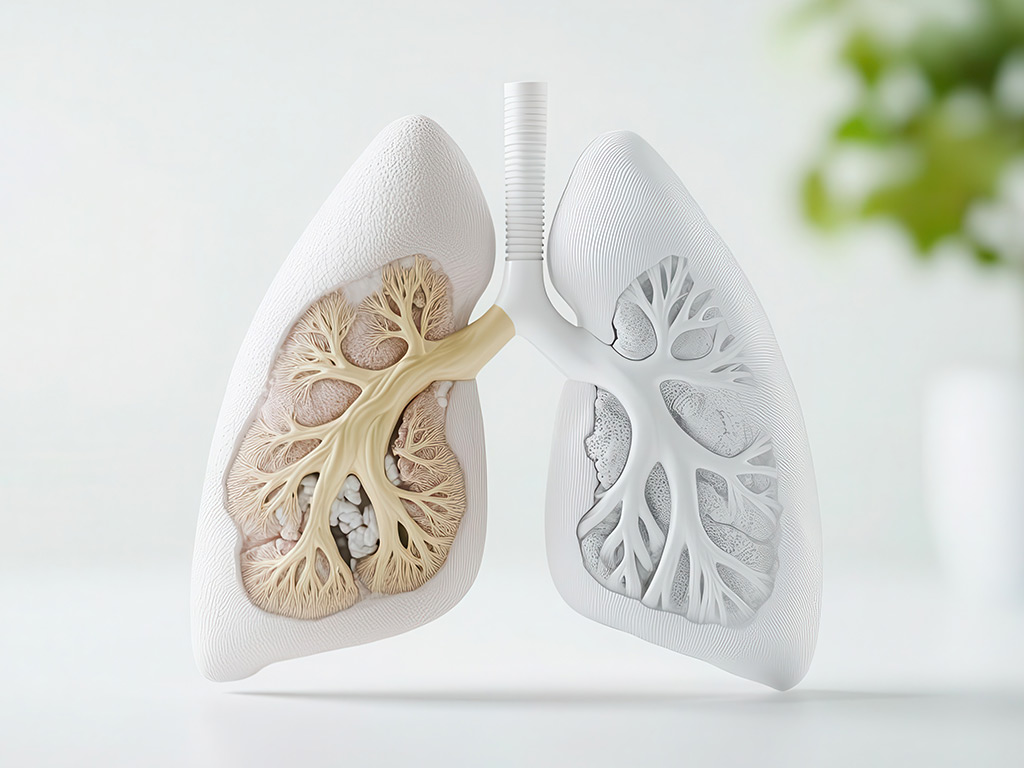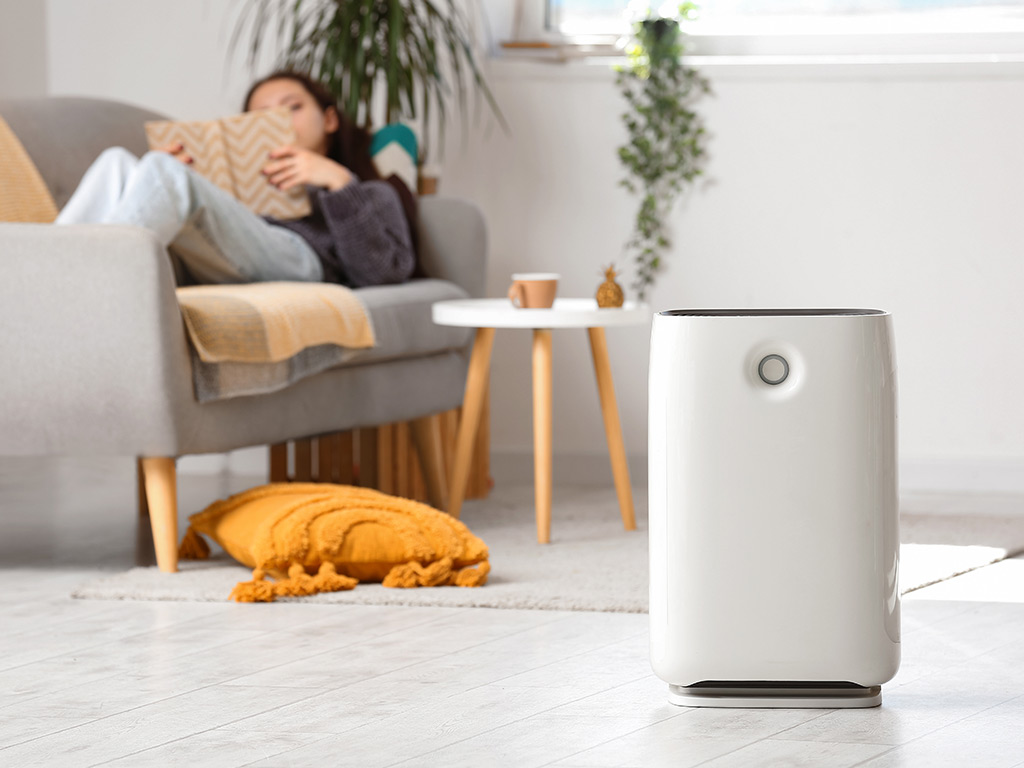The physical challenges of managing Chronic Obstructive Pulmonary Disease COPD can sometimes affect your mood and emotional health. It’s not unusual for people living with COPD to experience sadness, fear, and worry at times. If those feelings don’t subside after a few weeks, or they start to affect your ability to keep up with normal activities and enjoy life, then you may be experiencing symptoms of anxiety or depression.
Anxiety and depression are both more common in people living with COPD than they are in the general population. Unfortunately, they often go unrecognized and untreated by patients, caregivers, and healthcare providers. Taking care of your emotional health does more than just improve your mood. Research shows that managing anxiety and depression can increase your ability to continue with your COPD treatment plan, improve your physical health, and reduce your medical costs.
Understanding the link between anxiety and COPD
Clinical anxiety is defined as constant worrying and expecting the worst in a way that makes it hard to function. A panic attack is a sudden episode of intense fear or anxiety. Panic attacks and anxiety can also cause you to have shortness of breath or change your normal breathing pattern. When this happens, you become trapped in a cycle when your shortness of breath triggers anxiety- making it more difficult to breathe.
To avoid triggering COPD symptoms, you might start limiting your daily activities and become less active. However, reducing your activity can actually make shortness of breath worse over time. Regular physical activity helps strengthen your lungs and improve your breathing. It also supports your mental health, helping to reduce anxiety and depression.
Understanding how depression affects your well-being
Clinical depression is a feeling of deep sadness or emptiness that lasts longer than a couple of weeks. It affects your ability to enjoy your work, recreation, family, and friends. Depression is a serious illness that affects more than just your mood. If left untreated, it may lead to declining physical health.
Treating anxiety and depression dan help you breathe easier
Do you or someone you love experience anxiety or depression while living with a chronic condition like COPD? There are steps you can take to help you feel better:
- Talk to your healthcare provider about your mood and symptoms. They can help create a treatment plan to conquer anxiety and depression.
- Practice good self-care. This means exercise! Try your best to get outside and be active every day. This will improve your mood and your breathing. Make sure to eat a balanced diet, and to take time out to relax. Breathing exercises or meditation could be helpful in lowering your stress, improving your mood, and helping you breathe a little easier with COPD.
- Connect with others who are also living with COPD or find a COPD support group. This can be a great way to make friends, and to learn about coping strategies at the same time.
Need help finding a COPD support group? American Lung Association offers free educational programs.
Looking for a provider that can help manage your COPD? Visit selecthealth.org/find-care. Select Health members call also our Member Advocates team at 800-515-2220 (TTY: 711).
The content included in these blogs is for your information and is not a substitute for professional medical advice. It should not be used to diagnose or treat a health problem or disease. Please consult your doctor if you have any questions or concerns.
Related Articles



